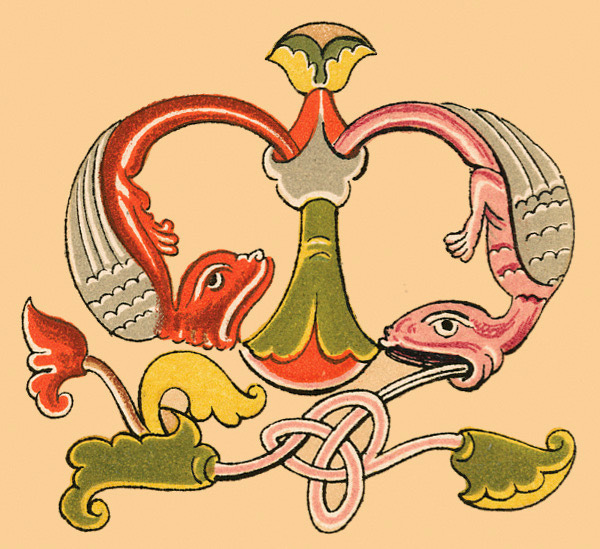Last week, the Western Church celebrated the Nativity of St John the Baptist, who would prepare the way of the Lord in the wilderness, making straight the path through the beasts and demons who dwell there, and in every human heart. He offered the baptism of purgation, while yet continuing to live in that liminal space and do combat with its denizens.
From 1348 until modern times, the Visitation of the Blessed Virgin Mary to St Elizabeth was celebrated throughout the Western Church on 2 July, just after the octave day of that great feast. The historic lectionary of the Western Church preserved in the Book of Common Prayer and the traditional Latin rite maintains this tradition, thereby bidding us remember just why St John Baptist is so important: namely, because of his immediate and instinctive response to Christ.
St Luke’s account of the episode (1:39-45) gives a rather different understanding of the capacities of infants in the womb than British Members of Parliament showed in the House of Commons last week. When St Mary meets St Elizabeth, the infants within them are very definitely human and very definitely active. Beyond the veils of the women’s skin which protect them, St John recognises his cousin.
Of course he does! Think of whom it is he greets, and whom Our Lady had been chosen above all women to bear. Like the Ark of the Covenant, though a creature bound in time and space, Mary contained the uncontainable One, nurturing in her womb the Divine Word and Creator of all things. Like Noah’s Ark, she was pregnant with the seed of an entire new creation, a new world. And like the Burning Bush in which Moses met the Angel of God’s Presence, she too was filled with that same Presence, and yet like the bush remained unconsumed by His flames.
So if, as the Psalmist declares, the very heavens, the stars and sun and planets, proclaim the glory of the Lord; if the very trees clap their hands and the hills rejoice in His praise; if, as the Church sings in the Benedicite, every dumb material element of creation sings His most eloquent praise — then how can we say that the infant in the womb does not? How can we deny John’s witness? Can we mourn the cutting down of a tree, while claiming that the unborn child is inarticulate and unaware and so disposable? Is the enwombed child’s response of praise worth less than that of stars or mountains?
Lest we be accused of thinking only about the boy, look at the effect St John’s reaction had upon his sainted mother. When he leapt, Elizabeth too was “filled with the Holy Ghost.” It is as though the fire of the Lord’s Presence which so animated Our Lady leapt, too, from Mary to Elizabeth, kindling her with the same love for the Lord.
Would we too be filled with such fire? Then let us be like St John, exulting in the Lord, and decreasing that He may increase. Let us be like St Elizabeth, open to the gift of the Spirit in those who bear Him to us. Let us be more like Mary, more open to being filled with His luminous Presence, more willing to carry that Presence to others as she did to Elizabeth, whatever the risk (for Mary, note, went “with haste”) — let us too show Him and share Him. And let us be unashamed to greet her, Queen among the saints of heaven, with the salutation St Elizabeth taught us:
“Blessed art thou among women, and blessed is the fruit of thy womb.”





